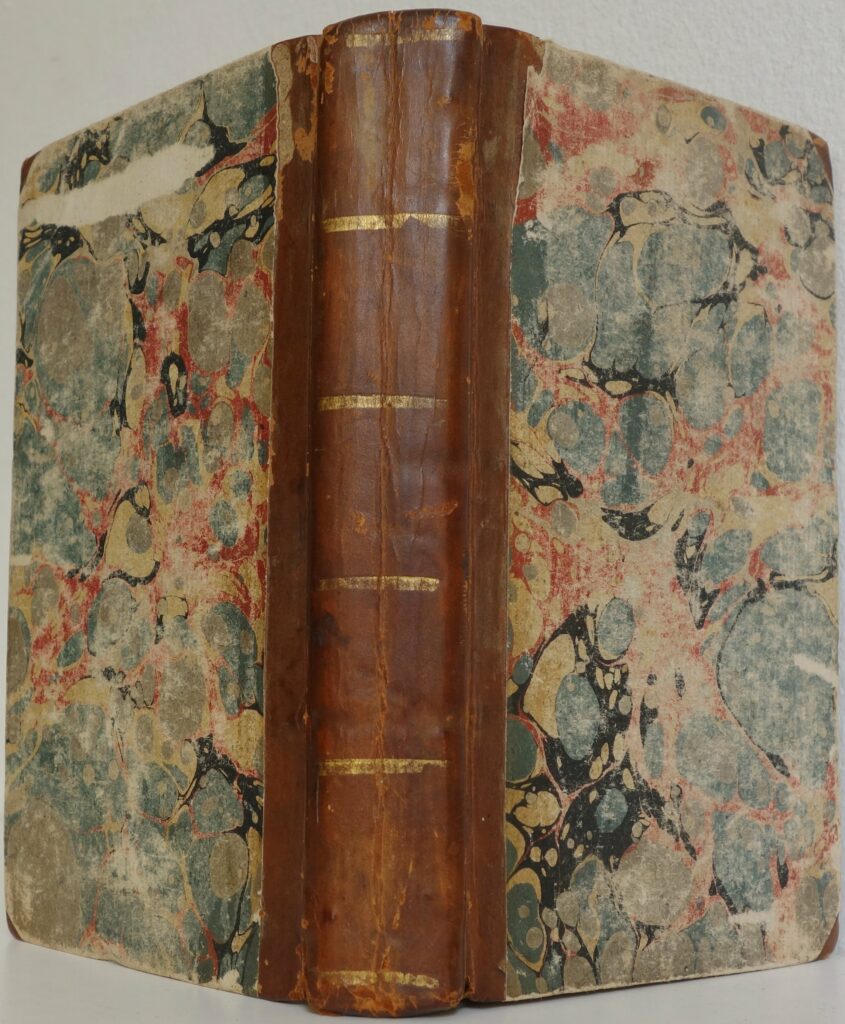An interesting compilation of historical, legal and philosophical material from late-18th-century Scotland. Like other commonplace books of the period, it includes some miscellaneous aphorisms (and a piece on the distilling of Scotch Whisky), but there is much less of the ‘ragbag’ about this notebook than one often finds. Writers cited and topics treated include Thomas Reid on induction, Richard Price on liberty, James Beattie on truth, John Locke and Lord Monboddo on wit, Edmund Burke on the sublime, Descartes on scientific method, and a recent History of America (by William Russell?).
There are transcriptions from Hume’s History of England and Kames’s Sketches of the History of Man, and a long and careful précis of the first half of John Millar’s Observations concerning the Distinction of Ranks in Society (the latter occupying 26 pages in the notebook).
Of particular interest – indexed under ‘Slavery, judges’ opinions of’ – is a 14-page summary of the landmark ruling by the Court of Session in Edinburgh in 1778 in the case of Joseph Knight (an African-born slave) versus his ‘owner’ John Wedderburn of Ballendean. The twelve-man panel of Scotland’s most senior judges included Lords Kames and Monboddo, and they voted 10 to 2, against Wedderburn, that slavery was not recognised in Scots law. The notebook records the individual views of all the judges, and notes at the end that Monboddo and Covington were the two dissenting voices.


